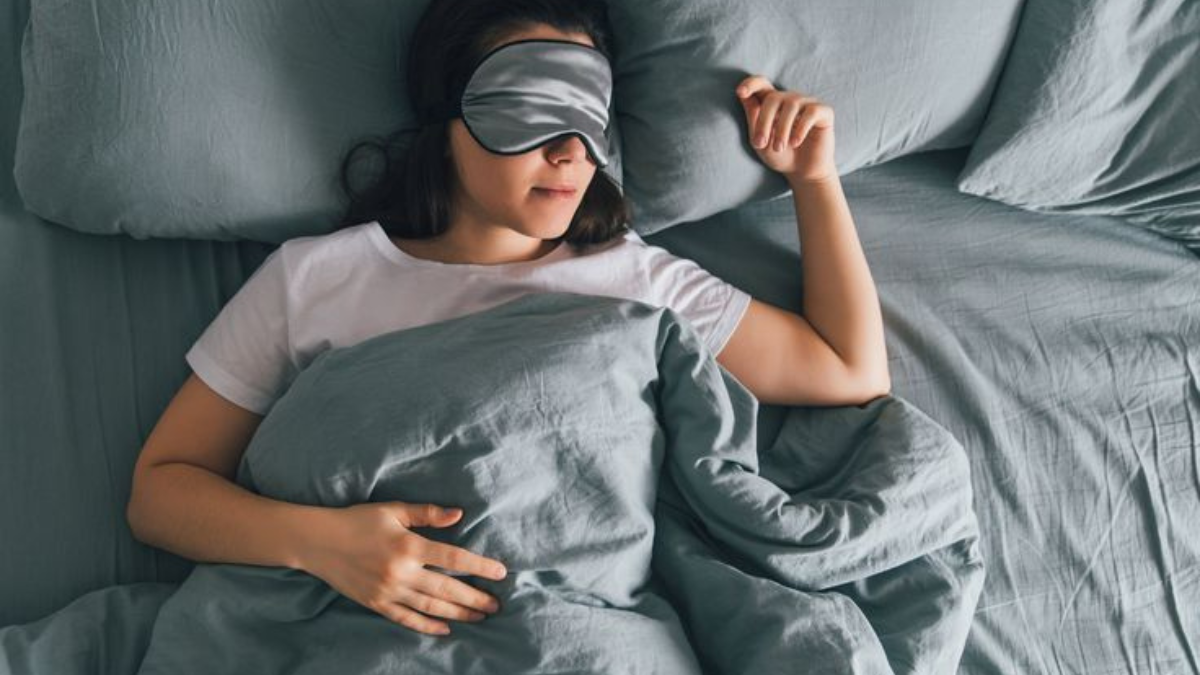WHY ADEQUATE SLEEP IS IMPORTANT FACTS AND REALITY KNOW MORE
Adequate sleep is a fundamental aspect of
WHY ADEQUATE SLEEP IS IMPORTANT
FACTS AND REALITY KNOW MORE
It plays a crucial role in various bodily functions, including physical health, cognitive function, emotional regulation, and immune system function.
In this discussion, we will delve into the importance of adequate sleep,
The recommended duration for different age groups, the factors that affect sleep quality, and strategies for improving sleep hygiene.
SLEEP IS VERY IMPORTANT FOR HUMANS
Importance of Adequate Sleep:
Sleep is essential for the body to repair and rejuvenate itself. During sleep, the body undergoes various processes that promote physical and mental health.
Adequate sleep is associated with:
- Physical Health: Quality sleep contributes to the proper functioning of the immune system, metabolism, cardiovascular health, and hormonal balance. It helps regulate blood pressure, blood sugar levels, and appetite.
- Cognitive Function: Sleep plays a critical role in cognitive processes such as memory consolidation, learning, problem-solving, and decision-making. It enhances attention, concentration, and creativity.
- Emotional Well-being: Adequate sleep is linked to improved mood regulation and emotional resilience. Chronic sleep deprivation can increase the risk of mood disorders such as depression and anxiety.
- Performance and Productivity: Quality sleep is essential for optimal performance in various aspects of life, including work, academics, and athletic endeavors. It improves reaction time, motor skills, and overall productivity.
Recommended Duration of Sleep:
The recommended duration of sleep varies depending on age, with infants requiring the most sleep and adults needing less as they age. According to the National Sleep Foundation, the recommended sleep durations are as follows:
- Newborns (0-3 months): 14-17 hours per day
- Infants (4-11 months): 12-15 hours per day
- Toddlers (1-2 years): 11-14 hours per day
- Preschoolers (3-5 years): 10-13 hours per day
- School-age children (6-13 years): 9-11 hours per day
- Teenagers (14-17 years): 8-10 hours per day
- Young adults (18-25 years): 7-9 hours per day
- Adults (26-64 years): 7-9 hours per day
- Older adults (65+ years): 7-8 hours per day
NO COMPROMISE WIYH SLEEPS
It’s important to note that individual sleep needs may vary based on factors such as genetics, lifestyle, and overall health.
Factors Affecting Sleep Quality:
Several factors can impact sleep quality and duration. These include:
- Sleep Disorders: Conditions such as insomnia, sleep apnea, restless legs syndrome, and narcolepsy can disrupt sleep patterns and lead to inadequate sleep.
- Stress and Anxiety: Mental health issues, work-related stress, financial worries, or relationship problems can cause difficulty falling asleep or staying asleep.
- Poor Sleep Hygiene: Irregular sleep schedules, excessive screen time before bedtime, consumption of caffeine or alcohol, and a disruptive sleep environment can negatively affect sleep quality.
- Medical Conditions: Chronic pain, respiratory disorders, gastrointestinal issues, and neurological conditions can interfere with sleep and lead to sleep disturbances.
- Medications: Certain medications may have side effects that disrupt sleep patterns or cause insomnia.
TAKE GOOD AMOUNT OF SLEEP
Strategies for Improving Sleep Hygiene:
- Establish a Consistent Sleep Schedule: Go to bed and wake up at the same time every day, even on weekends, to regulate your body’s internal clock
- Create a Relaxing Bedtime Routine: Engage in calming activities before bed, such as reading, listening to soothing music, or taking a warm bath, to signal to your body that it’s time to wind down.
- Optimize Your Sleep Environment: Make sure your bedroom is conducive to sleep by keeping it cool, dark, and quiet. Invest in a comfortable mattress and pillows.
- Limit Screen Time Before Bed: Reduce exposure to electronic devices such as smartphones, tablets, and computers at least an hour before bedtime, as the blue light emitted can disrupt sleep patterns.
- Avoid Stimulants and Heavy Meals Before Bed: Limit caffeine and nicotine intake, especially in the hours leading up to bedtime. Avoid heavy meals and spicy foods that can cause indigestion and discomfort.
- Stay Active During the Day: Engage in regular physical activity, but avoid vigorous exercise close to bedtime, as it can stimulate the body and make it harder to fall asleep.
- Manage Stress: Practice relaxation techniques such as deep breathing, meditation, or progressive muscle relaxation to reduce stress and promote relaxation before bed.
IMPROVE YOUR SLEEP IMPROVE YOUR HEALTH
Conclusion:
In conclusion, adequate sleep is vital for overall health and well-being.
By understanding the importance of quality sleep, following recommended sleep durations,
Identifying factors that affect sleep quality, and implementing strategies for improving sleep hygiene, individuals can optimize their sleep habits and enjoy the numerous benefits of a good night’s rest.
Prioritising sleep is an essential aspect of leading a healthy lifestyle and achieving optimal physical, mental, and emotional functioning.
TAKE ADEQUATE SLEEP TO IMPROVE HEALTH
WHY ADEQUATE SLEEP IS IMPORTANT FACTS AND REALITY KNOW MORE

I am a content writer I have experience been writing news and blog articles for 5 years.
